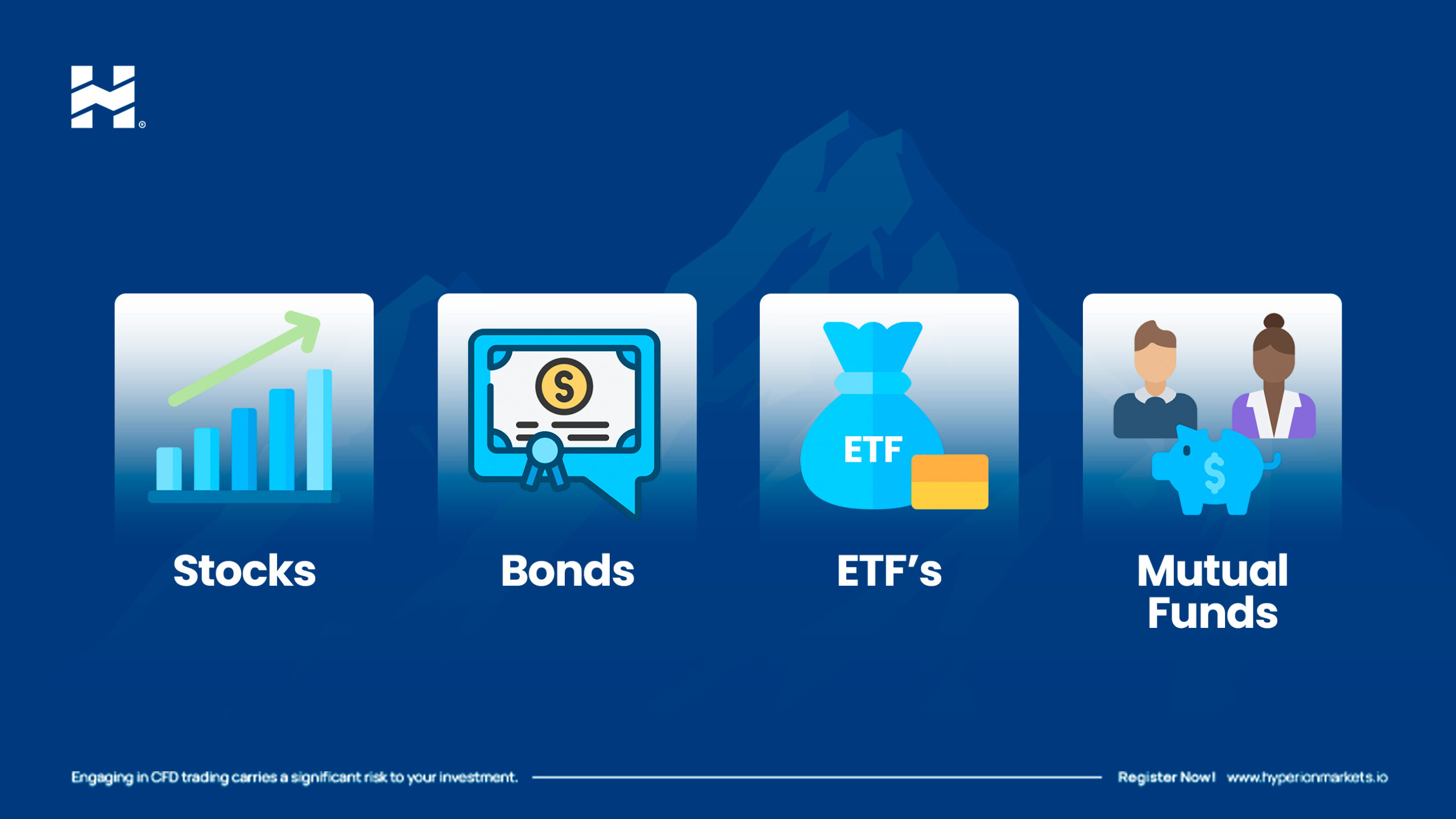What is traded in the Stock market?
In the stock market, a variety of financial instruments are traded. The main ones include:
Stocks
Stocks represent partial ownership of a company. When you buy stocks, you become a shareholder and have the right to a portion of the company’s profits, as well as voting rights on certain corporate decisions.
Bonds
Bonds are debt instruments. When you buy a bond, you are effectively lending money to the issuer (which can be a company or the government) in exchange for periodic interest payments and the return of the principal at a future date.
Mutual Funds
These are funds that invest in a diversified portfolio of assets, such as stocks, bonds, and other financial instruments. Investors buy shares in the fund and share profits or losses proportionally.
Exchange-Traded Funds (ETFs)
Similar to mutual funds, ETFs are funds that trade on an exchange and track specific indices or market sectors. Investors can buy and sell ETFs on the secondary market like stocks.
Derivatives
Financial derivatives include options and futures. Options give the holder the right, but not the obligation, to buy or sell an underlying asset at a predetermined price on a future date. Futures are contracts that obligate parties to buy or sell an asset at a predetermined price on a future date.
Structured Products
These are complex financial instruments designed to meet specific investor needs. They can include combinations of stocks, bonds, and derivatives.
These instruments allow investors to diversify their portfolios, manage risks, and seek investment opportunities. The stock market provides a venue where buyers and sellers can meet to exchange these financial instruments, thereby establishing prices based on supply and demand. Transactions in the stock market can be conducted on centralized exchanges or decentralized electronically.

